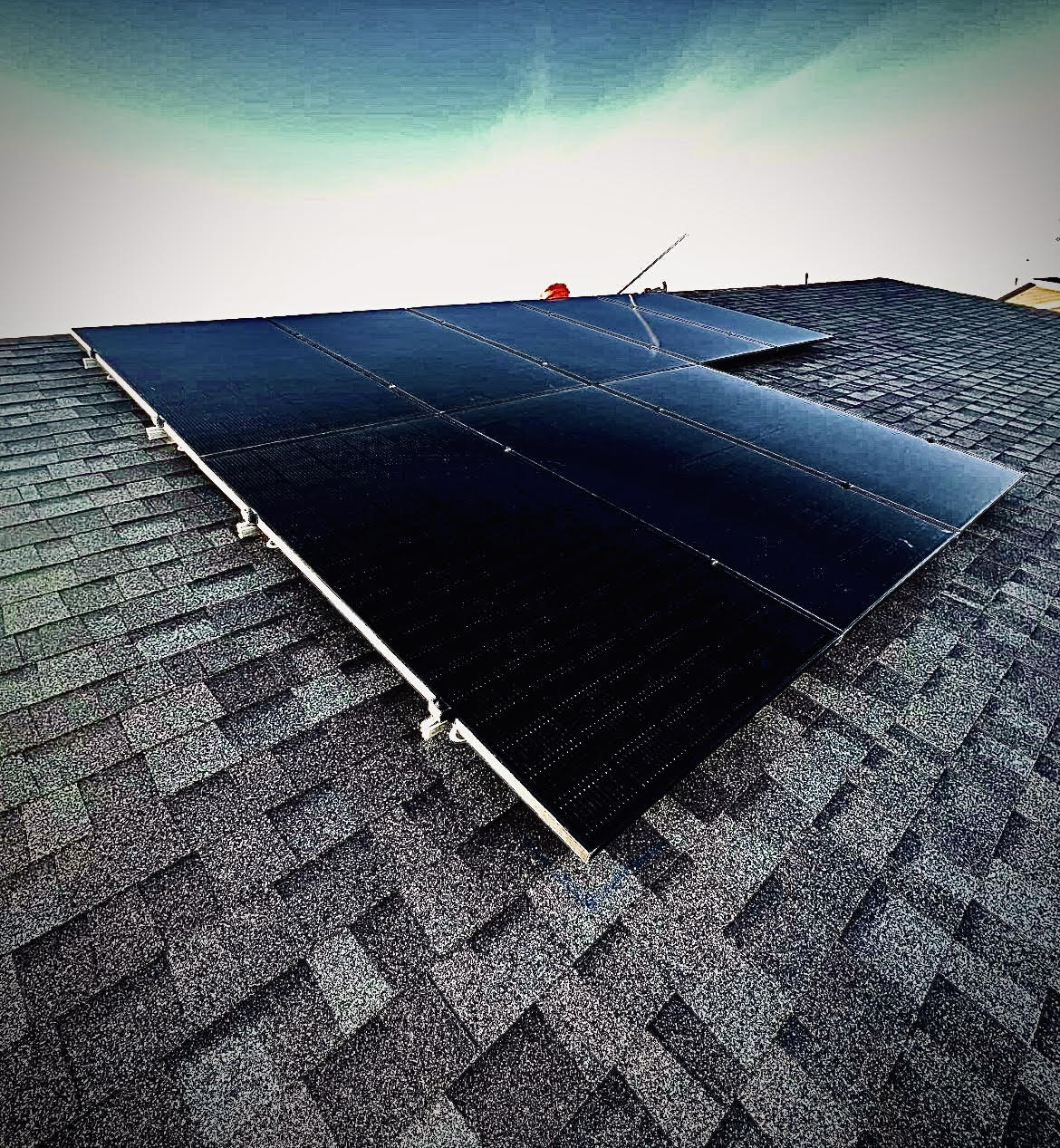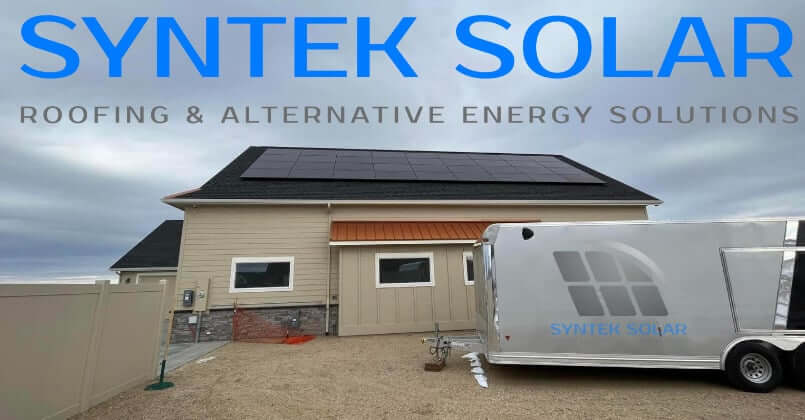Virginia Solar Tax Credit and Incentives
Are you looking to go green and save money in the process? The Virginia Solar Tax Credit for 2022 may be just what you need! In this blog post, we’ll explain how this tax credit works, who is eligible for it, and why it could be a great option for you. Read on to find out more about the Virginia Solar Tax Credit!

Overview of Virginia Solar Tax Credit
Virginia residents have the opportunity to benefit from solar incentives, including the federal solar investment tax credit (ITC), Net Metering and Virginia’s Solar Renewable Energy Credit (SREC). The federal ITC is currently set at 30% through 2032 and 26% in 2021, meaning homeowners can recoup a large portion of the cost of their solar panel system. Virginia’s SREC is a property tax exemption on the added home value from the solar equipment, though the exact value varies by county, city, or town. Additionally, customers who install their photovoltaic systems before the end of 2032 are eligible for a 30% federal tax credit. To be eligible for this credit, customers must have some tax liability to deduct from, as well as pay for the system in full. Furthermore, certain renewable energy systems and equipment are required, with installation costs also eligible for a tax credit. Professional solar installers are available throughout Virginia to assist homeowners in assessing their home’s solar potential and financing options for solar installation.
How to Calculate the Credit Amount
The amount of the Virginia solar tax credit is based on the cost of your solar PV system, including the cost of equipment and installation. This credit applies to both residential and commercial solar projects, and is equal to 30 percent for systems installed before the end of 2032. For systems installed after 2032, the credit amount is 26%. To calculate the exact credit amount, simply multiply the cost of your system by either 30% or 26%, depending on when your system was installed.
In addition to the federal solar tax credit, Virginia residents can also benefit from property tax exemptions on the added home value from the solar equipment. The exact value of this exemption varies by county, city, or town. To determine what exemptions you may qualify for, contact your local taxing authority.
Solar Virginia Eligibility Requirements
Virginia residents looking to take advantage of the solar tax credit must meet certain eligibility requirements. In order to qualify, systems must be installed on a personal residence or commercial property. The property must also be located in Virginia and the system must be installed by December 31, 2022. Additionally, the system must meet certain renewable energy system requirements, such as generating electricity and/or heat from solar photovoltaics (PV). Solar water heating systems and integrated solar combined heat and power (SHC&P) systems are also eligible. The installation costs of the system, as well as any equipment associated with it, must be paid in full prior to filing for the tax credit.
How to Claim the Virginia Solar Tax Credit
Claiming the Virginia solar tax credit is a straightforward process that requires a few simple steps. First, you must complete IRS Form 5695 and submit it with your federal tax return. This form must be accompanied by a copy of your solar installation invoice, which will detail the cost of your system, including installation and equipment costs. You should also keep all related documentation, such as purchase agreements, in case you are audited by the IRS. Once you have completed the form and submitted it with your tax return, you will receive a credit for the amount listed on your invoice. The credit can then be applied to any taxes you owe or it may be refunded to you.

Maximum Virginia Solar Tax Credit Amounts
The maximum credit amount for solar installations in Virginia is 30% of the cost of the system, including equipment and installation costs. This credit applies to photovoltaics, solar water heating, solar space heating, solar thermal electric, and solar thermal process heat systems. For systems installed in 2020 and 2021, the maximum credit amount is 26%. The federal solar investment tax credit is set to expire on December 31, 2022, so homeowners should take advantage of this generous incentive before then. Additionally, it is worth noting that some local jurisdictions may have additional property tax exemptions on the added home value from the solar equipment installation.
Renewable Energy System Requirements
The federal solar tax credit covers the cost of purchasing and installing solar photovoltaic (PV) systems, solar water heaters, and other renewable energy systems. To qualify for the credit, the renewable energy system must meet certain requirements. The system must be used exclusively to generate electricity or heat your home and it must be installed on a primary or secondary residence located in Virginia. The system must also be certified as meeting all applicable federal and state electrical codes, standards, and safety requirements. Additionally, the system must be used primarily to offset the energy used by the residence.
Equipment and Installation Costs Eligible for Tax Credits
Assessing your home’s solar potential is an important step in determining if the Virginia Solar Tax Credit is right for you. Before installing solar panels, it’s important to evaluate the amount of shade that covers your roof, the direction your roof faces, and other local conditions that can affect your solar panel’s performance. Make sure to measure the area of your roof that will be used for solar installation and consider the roof’s construction materials, as some may not be compatible with solar panels. Additionally, you should check with your local utility provider to see if they offer any incentives or discounts for installing a solar system. Finally, you should consult with a qualified solar installer to determine the best type of system for your needs and the potential cost savings.
Professional Solar Installers in Virginia
Professional solar installers in Virginia can help homeowners make the most of their solar investment by providing expert advice on design, installation, and maintenance. Working with a qualified installer will ensure that your system is properly installed and maintained to achieve the highest efficiency and return on investment. The Virginia Department of Mines, Minerals and Energy (DMME) maintains a list of approved solar installers in Virginia who have completed the necessary safety training and certification requirements. It is important to note that all solar installations in Virginia must be performed by a licensed contractor. It is also recommended to research different solar installers before committing to a contract as prices can vary.
Financing Options for Solar Installation in Virginia
In Virginia, there are several financing options available to make solar installations more affordable. Homeowners can choose a loan, lease or power-purchase agreement (PPA). Loans are available from banks and credit unions, or through solar-specific loan providers. Solar leases and PPAs are third-party ownership arrangements that allow homeowners to enjoy the benefits of solar energy without the upfront investment. With a lease or PPA, homeowners pay a fixed rate for the energy produced by their solar system, usually lower than their current utility rate. This means that homeowners can save money on their electricity bills from day one. In addition, many solar companies in Virginia offer zero-down financing options for qualified customers. Whatever financing option you choose, make sure you have thoroughly researched the terms and conditions before signing any contracts.
